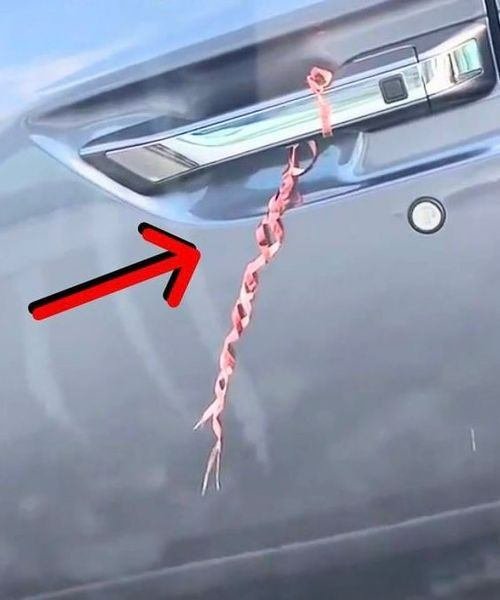Off The Record: Debunking Viral Kidnapping Tactics
Recently, stories have circulated about women finding a water bottle on their car or “1F” scribbled outside their house, causing worry. Viral videos claim these are tactics by kidnappers and traffickers. The “1F” supposedly stands for “one female,” and the water bottle is meant to lure women out of their cars.
Viral Videos and Alleged Threats
A recent viral video shows a woman filming a car with a wire attached to the door handle in a parking lot. The caption reads, “WTF is this a joke? Someone better not get kidnapped.” The video also shows another vehicle with a wire wrapped around its handle.
Viral Videos and Alleged Threats
A recent viral video shows a woman filming a car with a wire attached to the door handle in a parking lot. The caption reads, “WTF is this a joke? Someone better not get kidnapped.” The video also shows another vehicle with a wire wrapped around its handle.
@ice.lemon.water We thought it was a joke at first until we found the second one 😳
#fyp #foryou #foryoupage #scary #viral #trending #BoseAllOut ♬ Scary – Background Sounds
Online Response and Misinformation
In response, a man posted a TikTok video explaining that zip-ties, wires, or threads on car doors are common tactics used by abductors. He calls it “one of the oldest tricks in the book,” designed to delay the victim and provide an opportunity for the attacker. He advises against removing the wire yourself, suggesting instead to move to a safe, populated area for help.
The Reality Behind the Rumors
Despite the fear these stories generate, there is little evidence to support them. The “wire trick” first appeared in a 2015 Facebook post, but police in the Canadian city where the post originated confirmed no kidnappings occurred due to this tactic. Anti-human trafficking organizations also do not recognize the “wire trick” as a legitimate threat.
The director of the University of Toledo’s Human Trafficking and Social Justice Institute calls these social media warnings “ridiculous,” dismissing them as urban legends. Authorities emphasize that traffickers primarily operate online and target known individuals rather than strangers.



